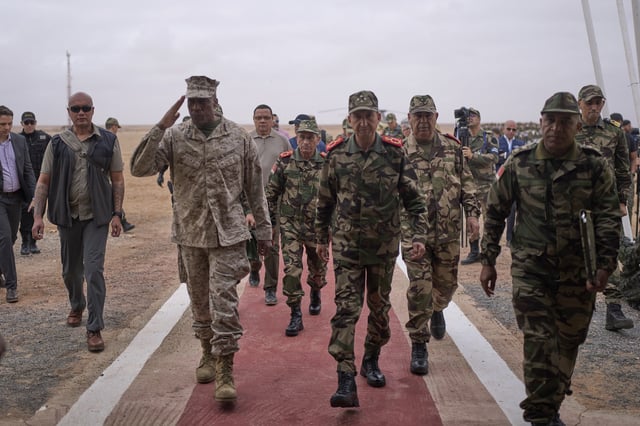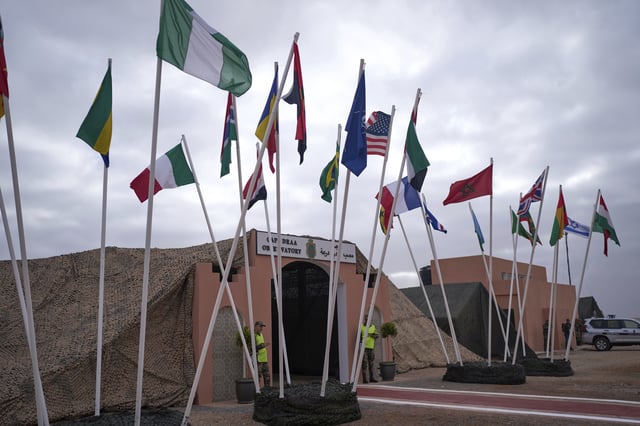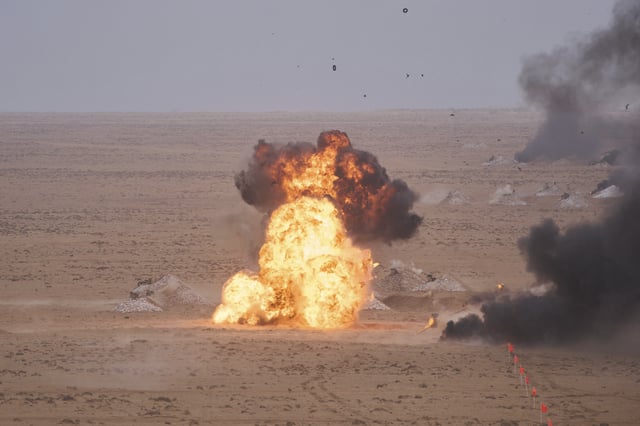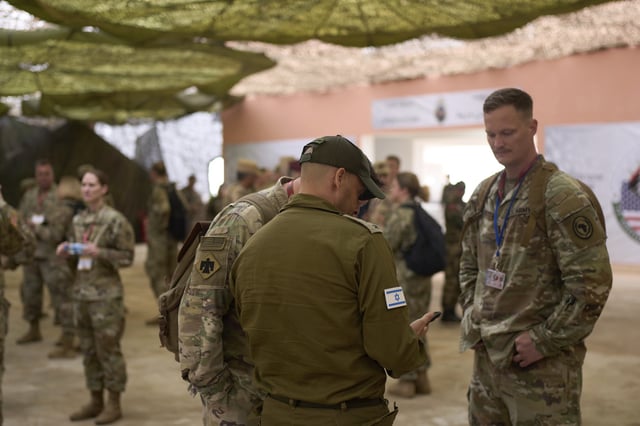Overview
- The U.S. military is shifting away from its 'whole of government' approach, emphasizing African security forces' capacity to operate independently.
- At the African Lion 2025 exercise, over 40 nations trained in combat tactics, reflecting the new U.S. focus on burden-sharing with allies.
- Africa is now seen as the epicenter of al-Qaida and Islamic State activity, with insurgencies expanding in the Sahel and Somalia.
- China and Russia are increasing their influence in Africa through military training and security partnerships, challenging U.S. dominance in the region.
- Despite years of U.S. support, many African armies, including Somalia's, remain under-equipped to counter insurgent threats effectively.



